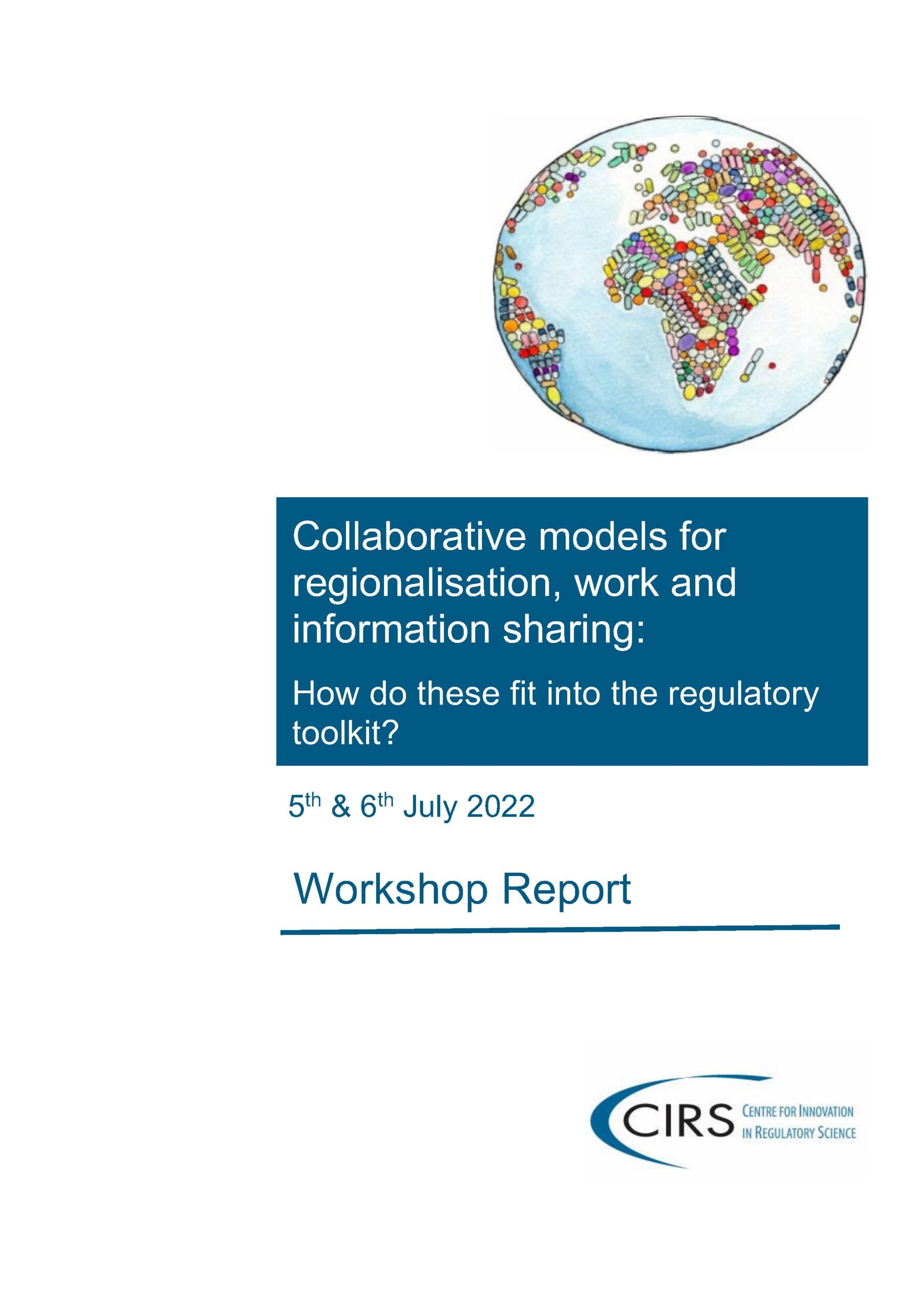This workshop looked at how maturing markets are building risk-based approaches into regulatory assessment, building on recent CIRS workshops in Singapore (2019) and South Africa (2018). The workshop also explored work CIRS has been undertaking in Asia, Middle East, Africa and Latin America (LATAM), with an assessment of the changed regulatory landscape following the COVID-19 pandemic.
Over the last two years, there has been increased collaboration and information-sharing between agencies due to the ongoing pandemic. In order to facilitate vaccine and treatment roll-out, many agencies adopted a risk-based approach to medicines registration, as well as creating work-sharing, reliance pathways and regionalisation models. Although many pathways had been established pre-pandemic, there is now increasing interest in understanding how these routes can become more effective and efficient in the future. These efforts are being facilitated by promoting international information-sharing and collaboration; convergence of international standards; guidelines promoting good regulatory/review/reliance practices (WHO); and the use of flexible regulatory pathways to best utilise resources.
One way to strengthen regulatory systems is to look at the collaborative models agencies are using and discuss how these can be optimised or expanded, as well as understand the legal and infrastructure challenges in doing so. Collaborative models, including information sharing, work-sharing and regionalisation, have the opportunity to add value as agencies are challenged, not just with the learnings from the last two years, but also with the pace of change with new technologies, innovations and increasingly complex products.
This workshop reviewed how collaborative models add value to a jurisdiction’s regulatory tool kit. In addition, there was a focus on understanding the challenges associated with these models and how they must evolve to ensure timely availability of medicines for unmet need.
Workshop objectives
- To discuss how collaborative models are implemented into regulatory frameworks for the registration of medicines, as well as lessons learned from the pandemic and also the challenges and opportunities around regionalisation
- To identify the different work-sharing and regional models being utilised to enable agencies to increase efficiency and effectiveness and which frameworks have the opportunity to enable success both internally with staff and externally with stakeholders
- To make recommendations on frameworks and/or policies that will enable sustainable information sharing/work-sharing/regional regulatory processes for the review of new medicines.

